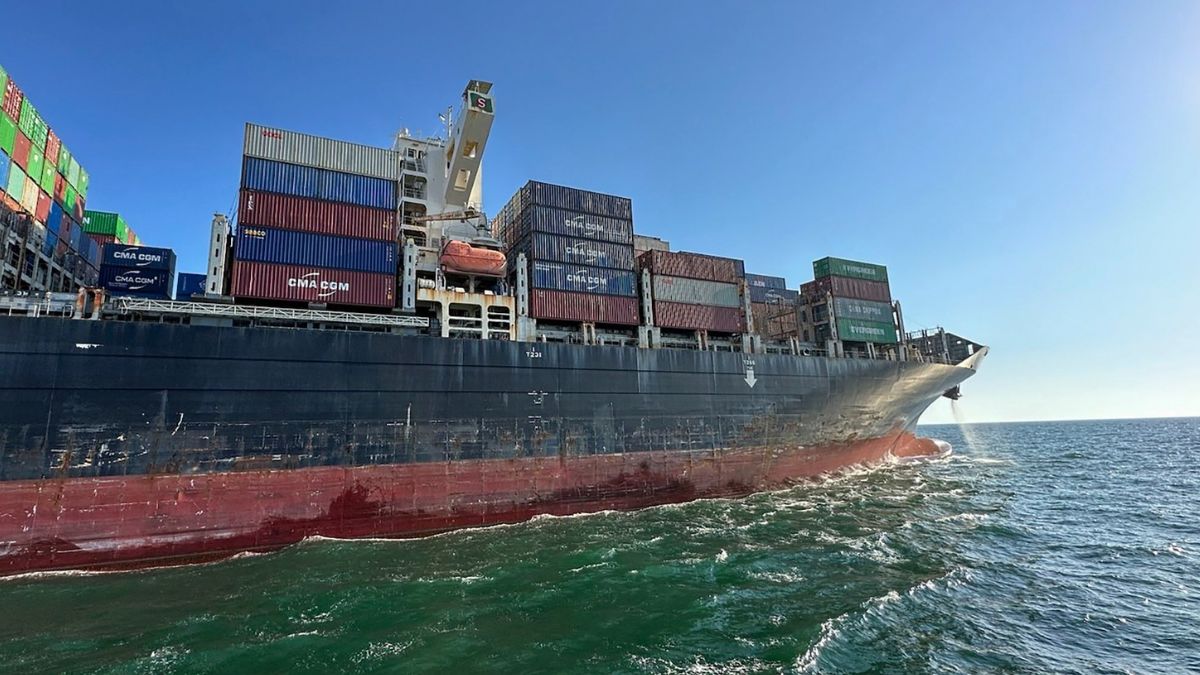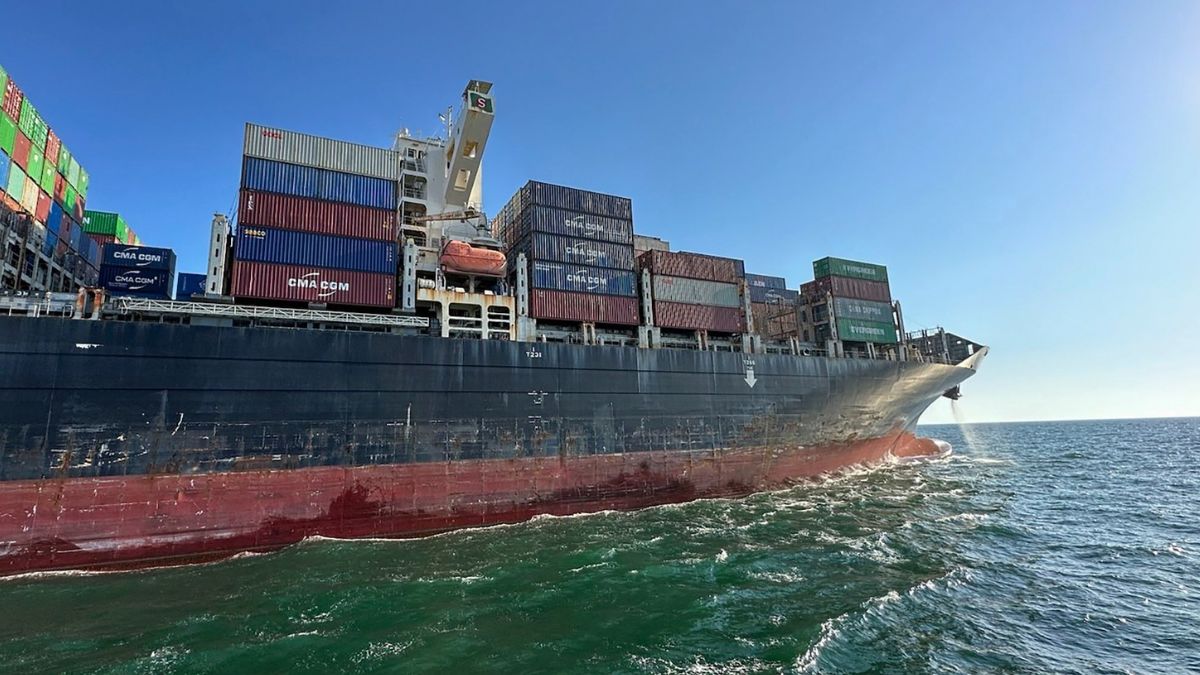At Mumbai’s Worli coast, 130 motor boats go out to the sea from the Worli bateri (canal) and over 200 smaller boats from two more jetties in the vicinity. The boats belong to members of Worli Koliwada Nakhawa Machhimaar Society and Worli Koliwada Sarvoday Society, the two fishers’ societies functioning in Worli. The term ‘nakhawa’ in the local language means boat owner. A Koliwada is an indigenous coastal village of fishers. The Nakhawa Society at Worli has 465 members, both boat owners and non-boat owners.
Over the years, fishers at Worli have been coming back from the sea with lesser and lesser catch. The 2021 Netflix documentary Seaspiracy, directed by Ali Tabrizi, posits the blame of disappearing marine species in certain parts of the world on overfishing. But, according to Worli’s Kolis, disappearing fish is the direct result of the city’s coastal infrastructure projects and climate change, rather than unsustainable fishing.
While the western environmentalist film suggests that its viewers simply give up seafood, indigenous fishers on this coast say they cannot stop catching fish from the sea. The Koli, Agri and Bhandari fisher communities on the western coast of India have for centuries depended on the sea for their livelihoods, and the local population largely depends on these communities for its seafood. In most discourses against coastal development projects, the environment and its non-human life takes a center seat with no mention of indigenous humans who live in co-dependence with the environment.
For years, artisanal Kolis at Worli have been coping with environmental and community endangerment from coastal development projects. When the Bandra-Worli Sea Link was built for the western suburbs 12 years ago, its columns not only replaced the generational fishing spots, but also affected the fish population beneath the Sea Link. Road projects at Worli seem to be constant agoniser for the coastal community. Even in its construction phase, the 22-km coastal road project is proving to be the biggest threat to the fisher community .
Adding to the woes of the fishing community, the country in March 2020 went under complete lockdown in light of the COVID-19 crisis. Restrictions were imposed on fishing activities in Mumbai without warning, leaving fishers with unsorted, unsold and rotting fish. Fishermen at Worli said that the Mumbai police beat them up for if they tried to go to sea. So, some of them took a more discreet route out to sea before dawn.
It was reported in April 2020 that the government of India will be compensating fishers in the country for the losses incurred ‘through direct benefit transfer to bank accounts’. But even after a two-month curfew on fishing activities, not one family at Worli Koliwada has received any benefits from the government, said fishermen. They added that the distribution of this state compensation was “haphazard and overdue”.
With COVID restrictions re-imposed by the Maharashtra government in April 2021, transportation and sale of seafood and storing ice have taken a hit again. With fewer restaurants and hotels running and more people buying fish online now, prices have also taken a dip. But before taking the annual monsoon break from June to August, fishers must make the most of what they catch in May without catching more than they can sell.
Above image: The Worli canal in Mumbai from where hundreds of fishermen go out to sea at dawn every day. On a motor boat, there are four other fishers with the boat owner. Hence, the meals of five families depend on one motor boat.
Vijay and Sonali Patil pulling in their boat to dock after a morning’s catch.
A fisherman sorting out the nets after coming back from sea. Each fishing boat at the Worli jetty has at least 20 fishing nets, each up to 100 metres long, on board when they go out to sea every morning.
Like most women of the Koli community, Sonali Patil sells the catch in the local market and to customers at the dock. She explained that the only months good for business are October and November: “December to February, we have to cry. From March onward, we sell dry fish like kolbi (prawn) and bombil (Bombay Duck). June, July and August, there are no boats in the water.”
A Koli fisher holding up his morning catch. “Since there are no transport vehicles and storing ice available like before, there’s no use catching lot of fish. Instead of catching 4-5 dole nets of baby prawns, we are catching only 2-3 because we’re not able to sell. The prices have almost halved,” said Vijay Patil about the effects of the second wave of COVID.
In May 2020, Worli’s fishermen took their boats to sea discreetly from this part of the shore. May is an important month for fishers before monsoon begins.
Santosh Patil, a 50-year-old fisherman who protested against the construction of the Bandra-Worli Sea Link at the time, points to the road by the sea. “After the coastal road is built, I am afraid there won’t be any space to for our fishing nets anymore. Our fishing spots will be destroyed,” he said.
The fishing spots of Worli fishermen now fall directly under the Bandra-Worli Sea Link, reducing their catch by 50 percent. Fishers like Vijay Patil and Dashant Shivdikar have been demanding a proper channel for fishers under the Coastal Road.
Fishermen coming back from the waters with their catch at Worli jetty. Fishers say that even in its construction phase, the city’s Coastal Road project has made it difficult for Worli fishers to continue fishing as they used to. Underwater vibrations, construction noises and reclamation of rocky waters have changed the water current and disturbed the fish breeding zone at the coast.
Kolambi or prawns caught by fishermen in January. The indigenous fishers believe that seafood is superior in taste and quality compared to cultivated fish. “We cannot grow fish; we are fishers of the sea.”
This study was conducted as part of research fellowship with People’s Resource Centre.


)




)
)
)
)
)
)
)
)